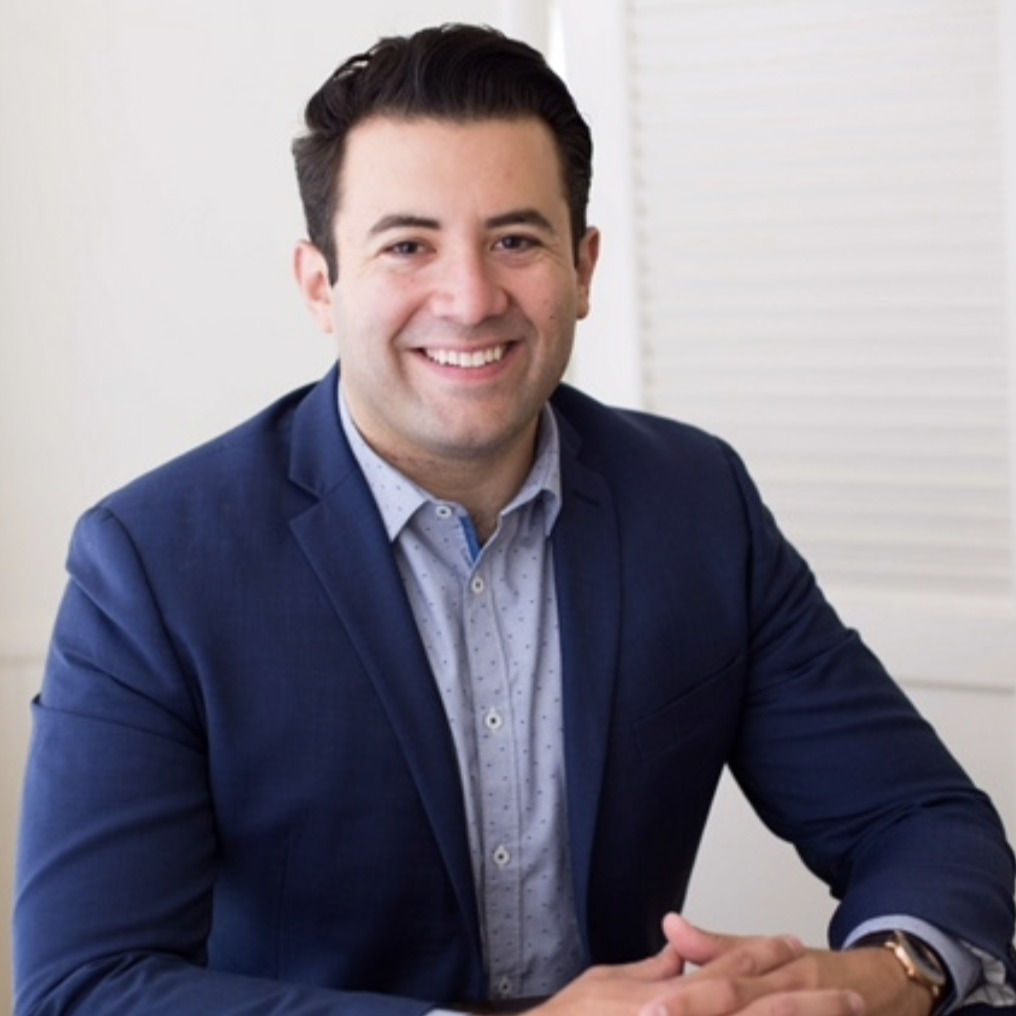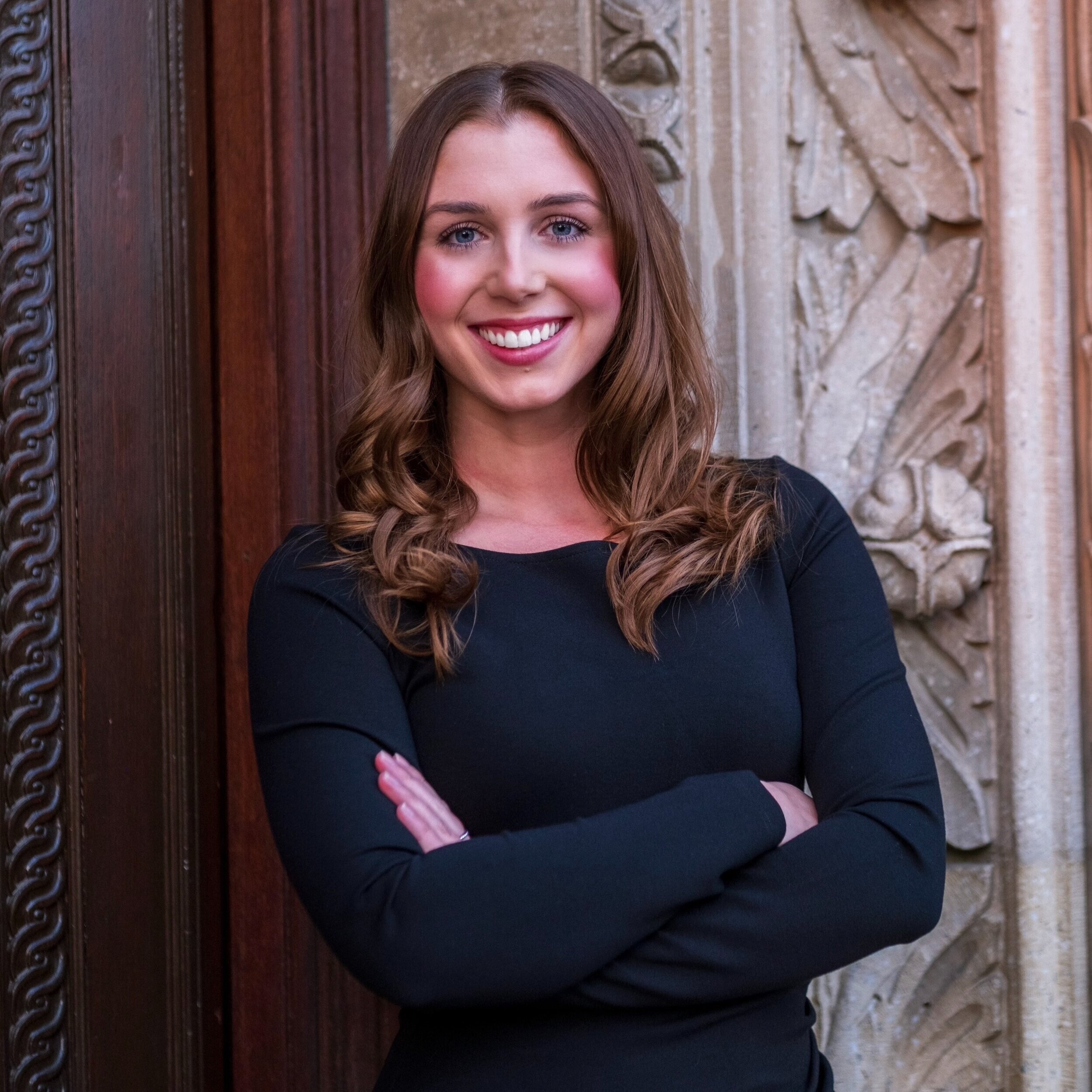How Can I Help My Child Manage Anxiety?
Childhood anxiety is one of the most common reasons parents bring their children into our office here at the OC Psychology Center. Although accurate assessment and psychotherapeutic treatment are the most effective way to address pediatric anxiety symptoms, there are a few things parents and siblings can do to help.
When we talk to families about their child’s anxiety, we provide information about and promote change in five common features of anxiety:
Once recognized, the Five A’s of Anxiety can be effectively addressed by the client, the family, and the mental health team. These features can sometimes feel overwhelming and unmanageable to families, and so we want to offer a few solutions for you to use at home:
Avoidance
What is it?
Anxiety tends to make children avoid certain activities or situations. If they have anxiety about going to school, for example, they may feign illness or come up with reasons as to why they should stay home. Family members tend to unintentionally alienate the child by treating their anxiety as abnormal, unrelatable, or just plain “childish.” In doing so, the child begins to believe that they are alone in their emotional experience, which tends to worsen the symptoms and reinforce avoidant behaviors.
How can I help?
Try to understand the functional role of the anxiety. In other words, think of how the anxious feeling and avoidance keeps your child safe from a fearful experience. In the example of school-related anxiety, your child may have had an embarrassing incident or was the target of bullying by a peer, and so their anxiety serves a protective role. Provide empathy for your child, help them recognize that you understand why they feel the way they do.
Agitation
What is it?
Agitation is used to describe what happens when your child is irritable, antsy, or fidgety. Anxiety is, by nature, a motivational emotional experience that can crop up in healthy and unhealthy ways. We show up to work on time because we are anxious about being let go, that is a healthy anxious motivation. When we lay awake all night worried about not being able to fall asleep, that is an unhealthy anxious motivation. In the case of agitation, your child may be experiencing motivation to act out and be seen in their distress.
How can I help?
When possible, allow your child to use their agitation in a healthy, productive manner. Let them spend time being physically active, give them support in accomplishing anxiety-inducing tasks such as homework, and give them space to talk about what makes them feel worried. On a side note, sometimes the anxious agitation can be made worse by caffeine, and so you may want to consider limiting access to those fizzy drinks.
Anguish
What is it?
Children and adults tend to let anxious thoughts run circles through their heads. They think about their worries over and over and over, anguishing over the future. This behavior tends to get people caught in mental ruts, where all they can think about is the thing that makes them anxious.
How can I help?
Mindfulness and thought-stopping techniques taught in psychotherapy are the most effective ways to address this kind of ruminative thinking. However, sometimes you can help your child redirect themselves from worrisome thinking by giving them opportunities to be in the present moment. Help them bring their thoughts to what is happening around them right now, not tomorrow or next week, right now in this moment. A great way to do this is to ask them about perceptual sensations – things you see, smell, hear, taste, and touch. For example, if you are cooking a meal with your child, you can have them smell the ingredients, conduct taste-tests, and ask them what they are noticing. Activities like this can help your child live in the moment without fear of the future.
Affect
What is it?
Affect is the emotional expression of anxious sensations – tearfulness, anger, racing heart, stiff posture, pained expressions, and other reactions to distress. With children, anxiety can create intense bouts of sadness or tantrum-throwing. The functional purpose of this emotional expression is to communicate anxious experiences to others.
How can I help?
Empathic communication is the most effective way to help calm and sooth your child. Use statements to help them recognize that you understand their experience, such as:
It sounds like you are feeling really upset, I wish I could make it all better!
You seem really uncomfortable today, are you feeling worried about something?
When you get tearful and sad, it makes me feel worried! Is that how you feel, too?
Avolition
What is it?
Avolition is used to describe the feelings of powerlessness and lack of control people experience with anxiety. Children are particularly susceptible, as they have not yet learned how to cope with their feelings and manage their thoughts effectively. An example of this might be when you try to calm your child or help them confront anxious feelings, and they react with increased fear and distress because they feel a lack of control in the situation.
How can I help?
Often, people with anxious feelings are able to push through them when they want to accomplish something. Start small. Identify areas of your child’s life where they are able to effectively manage and control their anxious feelings in pursuit of something they value. For example, they might feel anxious about going to school, but they are more willing to go if they know their best friend will be there.
A Word of Encouragement
Childhood anxiety can feel overwhelming for the entire family, and sometimes parents will feel helpless and hopeless for their kiddo. Remember, you do not have to do this alone. Here at the OC Psychology Center, we can provide the support you and your child deserve. Together, we can help your child regain control over their life and find peace of mind.
How can OC Psychology Center help?
If you or your child are interested in our therapy or assessment services, contact OC Psychology Center for Assessment and Psychotherapy. We would love to answer any questions you might have about the process.
Take the first step
Our office is located in Newport Beach, California. We work with families from all over the region – Newport Beach, Irvine, Orange, Fountain Valley, Costa Mesa, Anaheim, Huntington Beach, Mission Viejo, Laguna Beach, Rancho Santa Margarita, Aliso Viejo, Laguna Hills, Tustin, Seal Beach, and beyond. If you feel we would be a good fit for you or your child’s mental health needs, let’s connect!
Read About the OC Psychology Center Team!
Want to learn more about our team of behavioral health specialists at the OC Psychology Center for Assessment and Psychotherapy? Click on our Providers tab to read about our credentials and areas of specialty!














